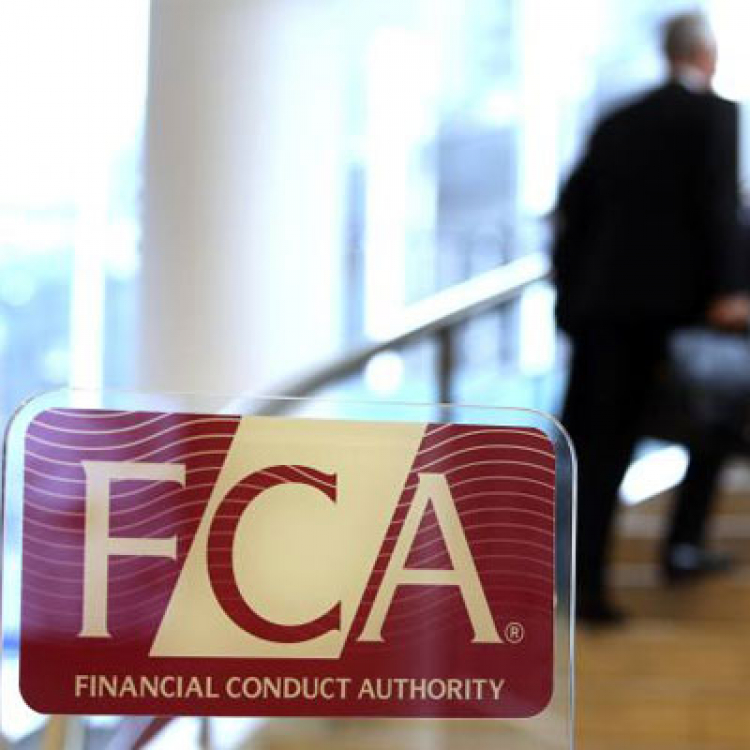FCA publishes policy checker for BI cover

An FAQ and policy checker from the regulator represent a useful resource for insurance managers questioning the scope of their existing covers.
On 15 January the UK’s Supreme Court handed down its judgment for the Covid-19 business interruption (BI) insurance test case between the Financial Conduct Authority (FCA) and a group initially consisting of eight insurers.
The Supreme Court found resoundingly in favour of the FCA and BI policyholders it represented, dismissed the insurers’ remaining appeals and allowed all four of the FCA’s appeals, in two cases on a qualified basis.
Now the FCA has published a policy checker, plus a set of policyholder frequently asked questions (FAQs), for policyholders to find out whether their existing insurance may cover BI losses caused by the pandemic, and what they can do next.
All the policyholder needs is their insurance policy wording including any schedule. The FAQ includes advice for “what to do next”, including asking their broker to advise on whether and how to submit claims, and then to provide progress updates on the claim’s progress with the relevant insures.
Effective and timely
In bringing the test case, the FCA emphasised its aim was to urgently clarify key issues of contractual uncertainty for as many policyholders and insurers as possible. Initially the regulator did this by selecting a representative sample of 21 types of policy, issued by eight insurers, for its test case.
The test case was designed with the policies of small-to-medium-sized enterprises (SMEs) in mind, with BI coverage through property damage, disease and prevention of access clauses. Some 370,000 policyholders were identified as holding 700 types of policies, issued by 60 insurers, that may be affected by the outcome of the test case.
The latest communication update continues the regulator’s aim to provide clarity. The policy checker and FAQ are an aid to commercial policyholders still wondering where they stand after the Supreme Court’s ruling.
“The FCA has stepped up and done a great job on this, doing everything they said they would when they would,” says Julia Graham, deputy CEO and technical director of Airmic. “Communication has been effective and timely, with the website consistently updated to do what it said it would do. The supervisor has provided an extremely helpful service to policyholders.”
What’s next?
If the policy checker tool suggests that a policy should cover a Covid-19 BI claim, then the FCA provides the following advice for what to do next within its Q&A.
“Policyholders in this position should approach their broker, other advisers or insurer about how to make a claim. Your policy document should include details of how to notify and make a claim,” said the FCA.
The FAQ also includes a question of what to do if a policyholder is dissatisfied with an insurer’s response to a claim, underlining the role of the Financial Ombudsman Service (FOS). The FCA’s advice follows.
“If you disagree with your insurer’s final decision on your claim or have not been treated fairly, you can raise a complaint by pursuing issues through negotiated settlement, arbitration, court proceedings as a private party, or taking eligible complaints to the FOS (which is free)."
The advice continues:
“If you are unhappy with your insurer’s response to your complaint and you are an eligible complainant, you may refer your complaint to the Ombudsman. You should usually do so within 6 months after the date on which you were sent a final response by your insurer.
“Insurers should not include the period between 17 June 2020 and the final resolution of the test case when relying on any time limits within which you must refer complaints that were potentially affected by the FCA’s test case.”
